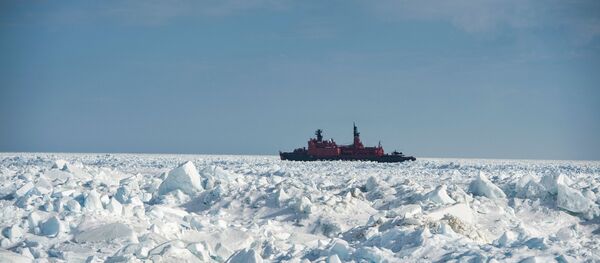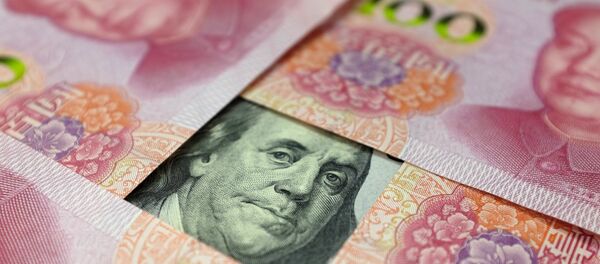The interview came after the release of a new report by the US National Intelligence Council that projects trends throughout the world up to the year 2035.
The document, "Global Trends: Paradox of Progress," explores the key tendencies and implications that define the transformation of the global landscape.
The researchers examined three main global development scenarios. Overall, they predict a transformation of the global economy, which will reflect the spread of artificial intelligence and a shift in trade patterns.
How emerging economies will play a key role in #innovation #beyondsiliconvalley great article by @MadanRao https://t.co/GKuYP8oDKE
— World Summit Award (@WSAoffice) 11 января 2017 г.
According to the document, the United States will lose its dominance in the world, while Russia will continue its attempts to restore its status as a great power.
Pakistan is now in top ten Emerging economies of the world.A Good news for neighbours https://t.co/uvGmQTsmEl
— Happiness (@SameerSaim01) 30 декабря 2016 г.
The Asian region, it is believed, will remain central, both in terms of economic cooperation and geopolitical competition. The researchers said that this will happen amid slower economic growth in China, accompanied by risks of political uncertainty.
Commenting on the matter, Nicolai Petro said that the US National Intelligence Council's report "is more or less stating some obvious economic truth, namely, as a country's economy grows larger, the rate of growth shrinks, something that he said remains a well-established economic pattern."
Currently, this is the case with China and other economies which are in transition and which are rapidly expanding, according to Petro.
"That's not necessarily bad because they will be replaced by other emerging economies, which will be the leading economies in the future," he said.
Touching upon America's fading clout, Petro said that it has been particularly damaged by its lack of success in Iraq, Afghanistan and Syria as well as the Arab Spring revolutions.
"But whether it will cool their ardor for change in the region is hard to say," he pointed out.
In this vein, he remained skeptical about a possible trade war between "two such large economies" as the United States and China.
"Similarly, I don't envision that sort of escalation of conflict to a military confrontation with Russia. I see saber-rattling and lot of military posturing to the extent that resources are allocated to Eastern Europe by NATO," he said.
Meanwhile, the report's researchers said that the world will also be more prone to the risk of interstate conflicts and the erosion of international law, as regional tension continues to grow.
As for Europe, it will continue to grapple with its internal problems, including the migration crisis and economic challenges.
Turkey's foreign policy and non-democratic impulses are expected to cause further trouble in Europe and NATO, according to the report.
Have you heard the news? Sign up to our Telegram channel and we'll keep you up to speed!




